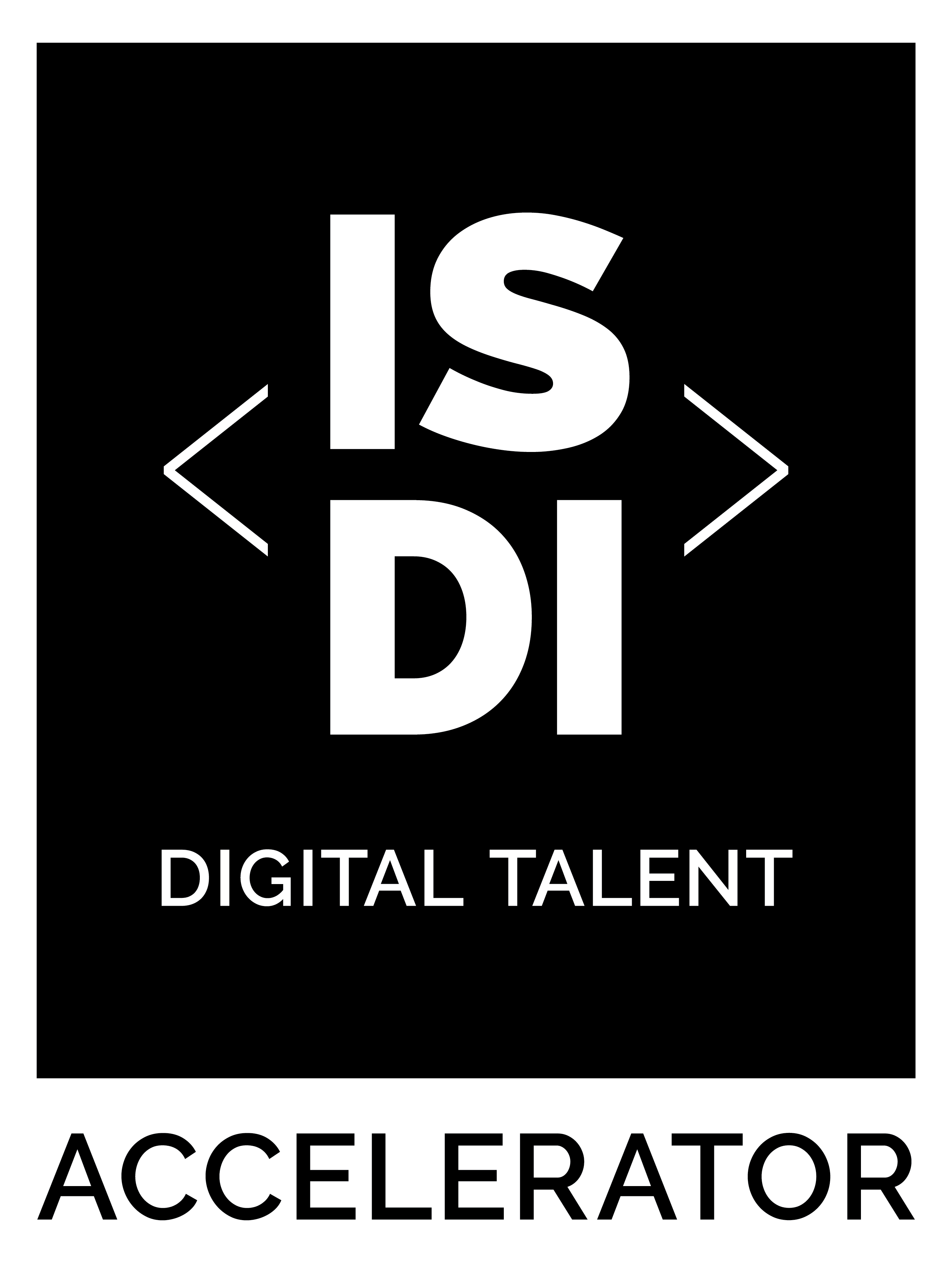Artificial Intelligence for personalised and inclusive learning
As highlighted by the MIT Media Lab, as computers continue to automate more and more routine tasks, success depends increasingly on intellect, creativity, social skills, and having specific skills and knowledge. This accelerating change raises the critical question of how to best prepare students to be successful and to flourish in the era of AI. Technology, including machine learning and artificial intelligence (AI), could allow personalisation of the content for an individual’s learning needs, and the explosion in cheap computing power and the increase of available data are making new and more sophisticated tools possible.
Photo by Kelly Sikkema on Unsplash
Challenges to AI in classrooms
With the closure of thousands of schools around the globe due to the COVID-19 outbreak, distance learning has revealed inequalities and made them more visible. Many students cannot afford computers or mobile devices to study online, don’t have a reliable internet connection or a quiet place to work, elements which increase the likelihood of students being completely left out of educational processes. Where some see the potential for AI to make education more equitable, others fear its effect will do the opposite, widening disparities.
The more technologically advanced schools are increasingly turning to AI systems to customise courses.
By identifying the mistakes frequently made by students, teachers can tailor their activities to the individual pace of each learner, ensuring that none is left behind or disengaged. Yet, AI has not made a real breakthrough in education so far. AI in classrooms is also slowed by concerns over equity. Developers of AI-powered solutions must be aware of the risks of creating gender-biased solutions when transferring stereotypes to virtual assistants (e.g. helpful women and reliable men). If that happens, instead of becoming a vehicle for social change, AI solutions would consolidate biases that are currently widespread in our society.
Opportunity for teachers and the EdTech industry
Funded by the Horizon 2020 EU programme, IMPACT EdTech is a start-up and SME incubator-accelerator that will help incubate and further develop promising and innovative solutions, including those based on AI technologies. The involvement of Ministries of Education, education establishments, learning content providers, training companies and other educational agents in short pilots implemented in real educational environments will be key to make the case and build a scaling up strategy for the selected solutions.
Moreover, in February 2020, the European Commission released a White Paper on Artificial Intelligence – A European approach to excellence and trust, listing all the political options necessary for the creation, in Europe, of an ecosystem based on excellence and confidence in AI. Europe aspires to be ready for the digital age and aims to develop the skills necessary to work in AI and upskilling the workforce to be prepared for the AI-led transformation.
AI doesn’t mean cutting teachers out. If it is developed responsibly and used safely, AI may be a tool to foster equity. AI and chatbots may be used to make the learning process more engaging for the students and facilitate the teaching process and help reduce the workload of the administrative staff of educational institutions. It would not only enhance the students’ learning but would foster the skills that are actually needed in today’s world.





